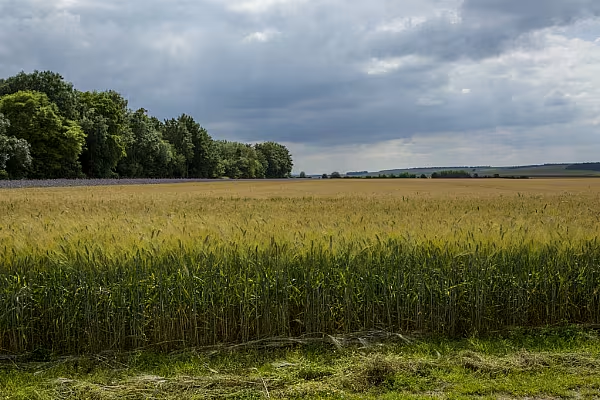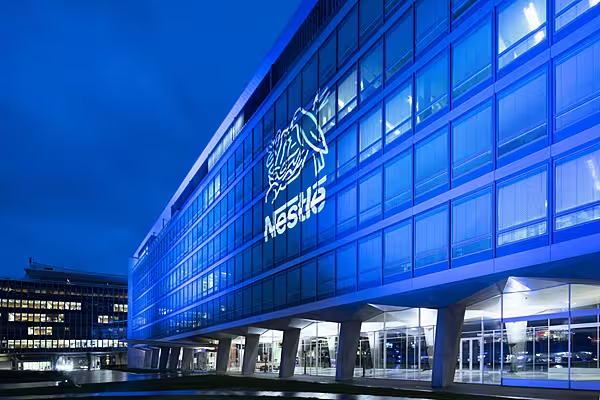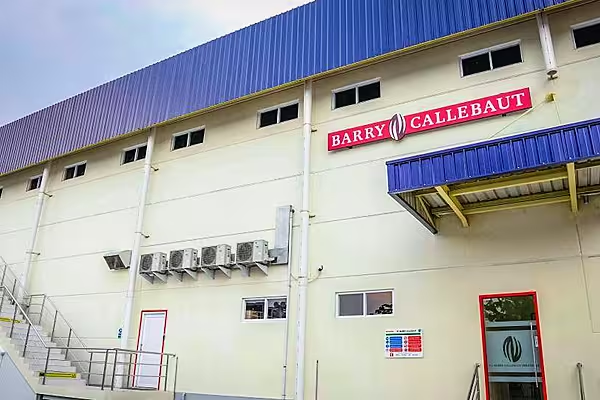Cereal Partners Worldwide (CPW), which makes Nestlé breakfast cereals, has announced a commitment to achieve net zero greenhouse gas emissions by 2050, as well as halving its emissions by the end of this decade.
The group made the sustainability commitment in its 2050 Net Zero Roadmap, which outlines the methods it is taking to reach its target, including changes to how it sources ingredients, to how it manufactures and ships its products.
'Make Breakfast Better'
"Climate change is one of the greatest challenges of our time," commented David Clark, president and CEO at Cereal Partners Worldwide. "As a company, we have a responsibility not only to our consumers but also to the communities in which we operate and to the planet. We want to make breakfast better, while creating a positive impact on the world around us.
"We have paid close attention to how we source ingredients and make our products for many years – so this is not the start of our journey to contribute to a better planet. The development of our 2050 Net Zero Roadmap is an important next step, and we are pleased to be setting ourselves clear actions to ensure we meet our targets.”
Five-Part Plan
According to the firm, its approach to reaching net zero focuses on five key focus areas, including sourcing ingredients sustainably, transforming the product portfolio, evolving packaging, moving toward cleaner operations, and driving toward cleaner logistics.
The company aims to source ingredients in a more sustainable way and plans to have 13% of its cereals coming from regenerative agricultural practices by 2025. It also intends to use 100% deforestation-free ingredients, such as palm oil, pulp and paper, and cocoa.
CPW will prioritise its net-zero goal in its product innovation process by choosing ingredients with lower carbon footprints, repurposing by-products or waste materials into new products, and piloting circular economy business models.
It added that it will will continue to evolve its product packaging by committing to making it 100% recyclable by 2025 and reducing excess packaging where possible.
Elsewhere, CPW has transitioned its 15 production facilities to 100% grid-sourced renewable electricity and aims to improve energy efficiency by switching to alternative renewable energy sources and reducing waste.
Emissions across transportation will also be reduced by maximising the use of space in vehicles, reducing fuel consumption, and switching to lower emission fuels.
Read More: Nestlé To Test New Satellite Technology For Reforestation Projects
© 2023 European Supermarket Magazine – your source for the latest A-brand news. Article by Stephen Wynne-Jones. Click subscribe to sign up to ESM: European Supermarket Magazine.














